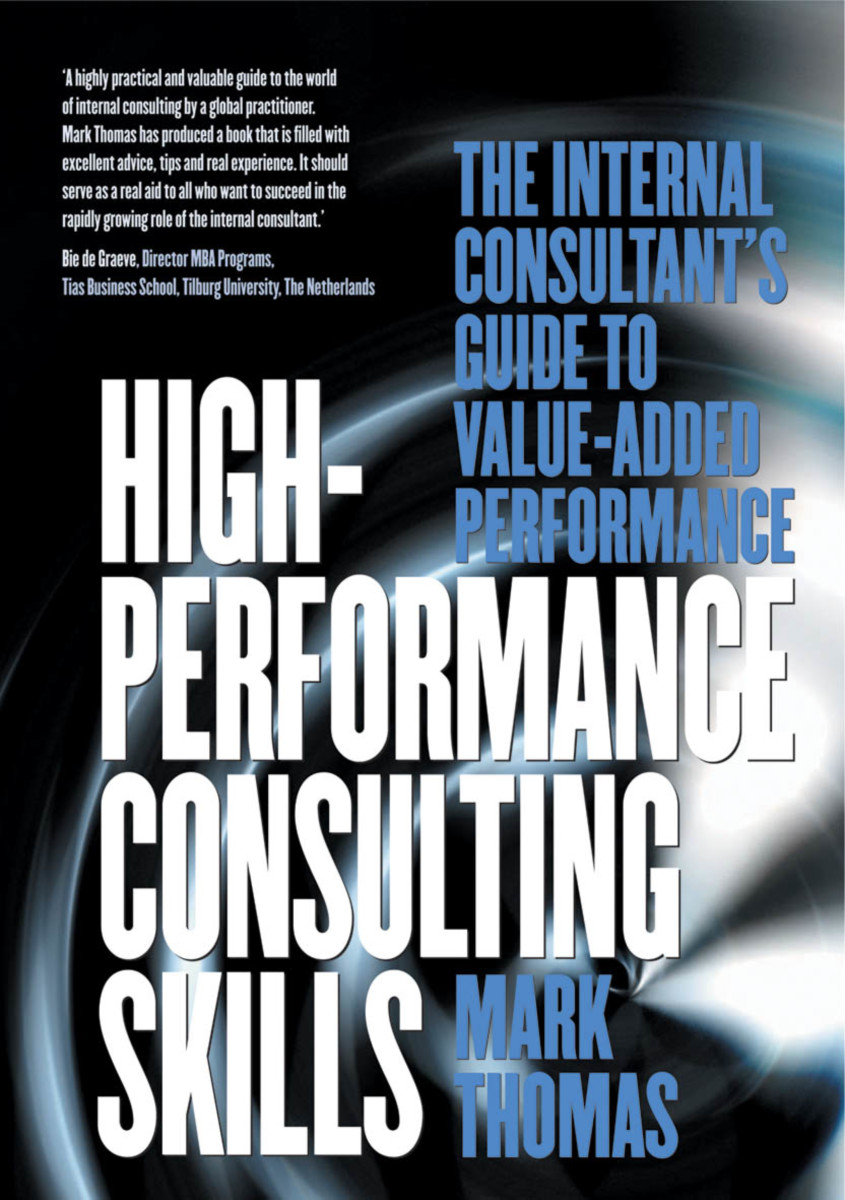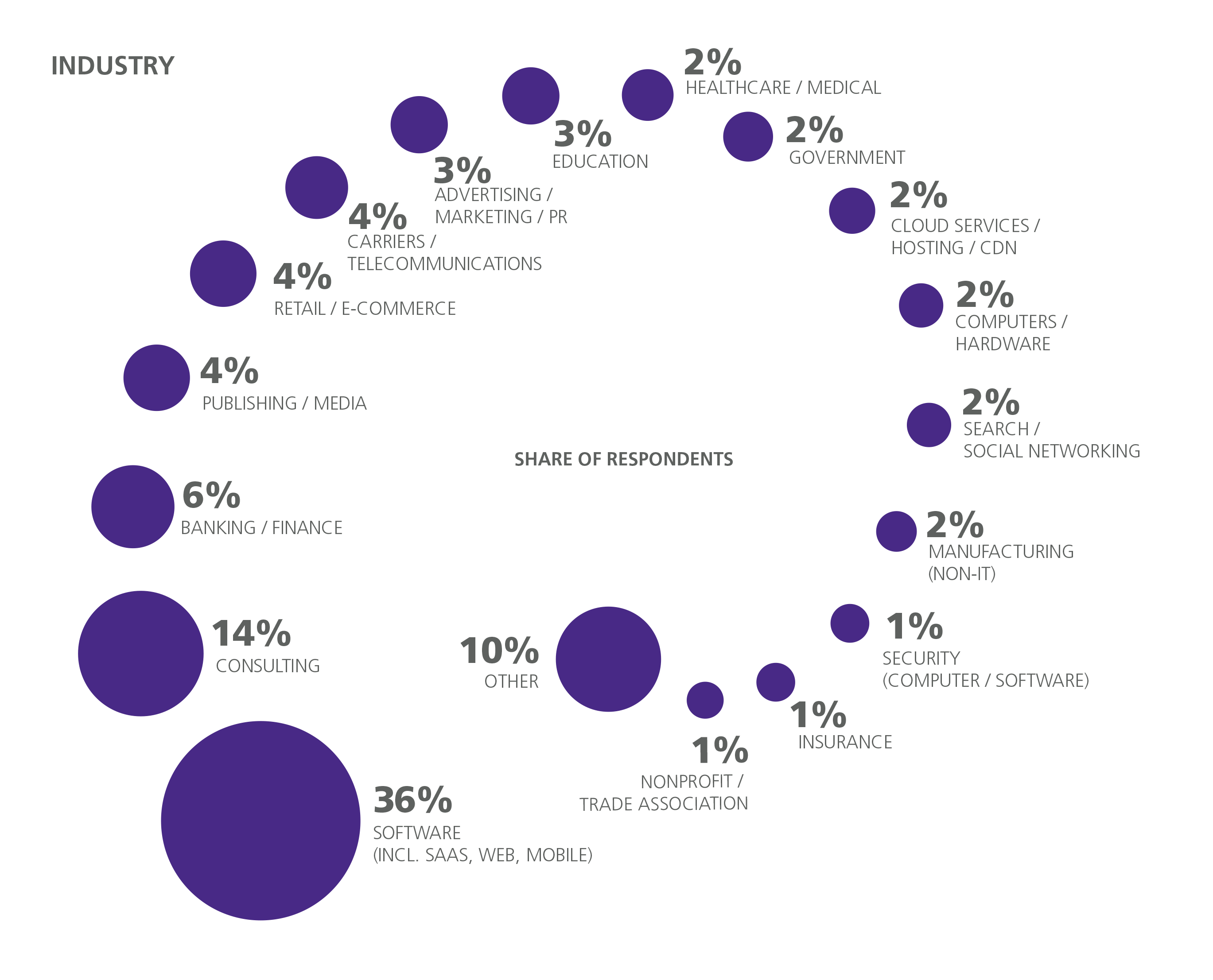
What salary do software engineers make in the United States? This article will outline the basic steps in the software engineering career and provide information on the different compensation levels and experience levels needed. We will also talk about how to get hired to be a software engineer and what to expect at the interview. Finally, we'll discuss which tech cities offer the best opportunities to find these jobs. Read on to learn more. This article is written for new graduates and people with some relevant experience. To get you started, research your field to discover what your salary range may be.
Salary ranges
Salary ranges for software engineers differ depending on the location. New York City offers a broad candidate pool because it is dominated by finance, fashion and media. Boston, meanwhile, is a hub for the STEM field and contains some of the world's most brilliant minds. Salary data is updated annually and is based on salary surveys. You can find salary information for Software Engineers by technology platform and major. Check out our salary data to get an idea about the average salaries of Software Engineers in different locations.
An entry-level software engineer typically makes between $69,000 and $130,000 per year. Although they are unlikely make important decisions about the quality and design of products, they can still earn six-figure salaries within a prestigious city. Although they may not be responsible for product decisions, entry-level engineers are expected to help the project move forward. In general, junior software engineers will be included in conversations with the organization and shared their knowledge.

Interview process
Structured system design rounds are a good way to start an interview process for software engineers. This round should last about an hour and ask questions about the design of a shared-drive system, database design and high-level architectuing. It will test the candidates knowledge and skills in each domain. Candidates should be prepared to explain what changes they made to the current system and how the changes affected the end-user experience. A system design round typically includes a written document detailing what was done and how it was done. Candidates who aren’t involved in system design projects will find that this process works well because they will be capable of demonstrating the impact of their modifications.
Next is to prove you are qualified for the job of software engineer. Interviewers are looking for technical information about you, so be ready to answer any questions about your past training. As much as possible, provide examples of technical tasks you have completed, such as how to use a computer program. Although you may not be able to answer all questions, it is important to keep your cool.
Levels of experience needed to become a software engineer
It doesn't matter what area you choose, to become a software engineer you need to have some experience. Software engineers spend lots of time solving problems and problem-solving. They also learn programming languages and best-practices. They should be able communicate complex concepts to non-technical customers. Software engineers are also responsible for the coordination of software projects. Here are the requirements and experience required to become software engineers.
A majority of software engineers hold at least a bachelor’s degree in either computer science, or software engineering. Software engineers need to practice building software in addition to learning the language. They might find employment as an intern or entry-level job. This will enable them to learn from experienced software engineers. Software engineers may also start their careers as programmers and work their way up into management. Software engineering can be a rewarding career.

Top tech cities to work as software engineers
San Francisco Bay Area is a well-known tech hub. Every year, thousands of software engineers visit the area. Unfortunately, the cost to live in San Francisco is significantly higher than the national median, making it less attractive for potential candidates. For a less expensive option, consider Dallas, the eleventh best tech city for software engineers. Although it lacks San Francisco's energy and chaos, Dallas is still a fantastic place for software engineers.
According to Karat, Seattle is fourth on the list. Its popularity is growing due to the arrival of Bay Area tech workers. Hillsboro and Beaverton can be found in Portland's suburbs. They are home of the Silicon Forest, which features Nike and other computing pioneers. Portland is a large, diverse tech city, with a cost-of-living index of 78 and a salary of nearly $75,000 for software developers.
FAQ
How do you choose a consultant to help me?
There are three main things to keep in mind:
-
Experience - How much experience does this consultant have? Is she a beginner? Intermediate? Advanced? Expert? Does her resume show that she has the necessary skills and knowledge?
-
Education - What did this person learn during school? Did he/she study any relevant courses after graduating from high school? Is there evidence that he/she learned from the writing style?
-
Personality: Do you like this person or not? Would we want him/her to work for us?
-
These questions will help us determine if the consultant is right to meet our needs. If the answers to these questions are unclear, it might be worth a first interview to get more information about the candidate.
How did modern consultancy become possible?
The first consultants were accountants that helped companies manage finances. They were able to manage financial information and became "accounting experts". But, their role soon expanded to other areas such as human resource management.
The French word for "to advice" was the inspiration behind the term "consultant." This was used by businessmen as a way to describe someone who could provide guidance on running an organization. In fact, most business owners today still use the word consultant when referring to any kind of professional advisor.
What degree do I need to become a consultant?
You can become an expert in any subject by learning the subject thoroughly, then applying what you have learned.
You can learn all you need to know to become a great consulting professional by starting to study now.
You may not be able to get hired if you don't have relevant experience but a degree. If you can show that your education is comparable to the job applicants, you may still be eligible for employment.
Employers will always be attracted to candidates who are able to apply their real-world skills.
Statistics
- My 10 years of experience and 6-step program have helped over 20 clients boost their sales by an average of 33% in 6 months. (consultingsuccess.com)
- Over 50% of consultants get their first consulting client through a referral from their network. (consultingsuccess.com)
- So, if you help your clients increase their sales by 33%, then use a word like “revolution” instead of “increase.” (consultingsuccess.com)
- On average, your program increases the sales team's performance by 33%. (consultingsuccess.com)
- According to statistics from the ONS, the UK has around 300,000 consultants, of which around 63,000 professionals work as management consultants. (consultancy.uk)
External Links
How To
What Does A Typical Day For A Consultant Look Like?
The type of work that you are doing will affect the typical day. You will be spending time researching, planning new ideas, meeting with clients, and creating reports.
You will often have meetings where you discuss issues and problems with clients. These meetings can be held over the telephone, online or face-to face.
Also, proposals are documents that outline your ideas or plans for clients. Before presenting these proposals to clients, you will usually need to discuss them with a colleague or mentor.
After all the planning and preparation you will have to put your efforts into creating some content. For example, you could be writing articles, designing websites, creating videos, editing photos, or conducting interviews.
Depending on your project's scope, it may be necessary to do research to get relevant statistics. For example, you may need to find out how many customers you have and whether they are buying more than one product or service.
After gathering enough information, you can present your findings to clients. You may give your findings orally or in written form.
After the initial consultation, it is important to follow up with clients. For example, you might call them periodically to see how things are going or send emails asking them to confirm that they received your proposal.
Although this process can take time, it is important to stay focused and build good relationships with your clients.